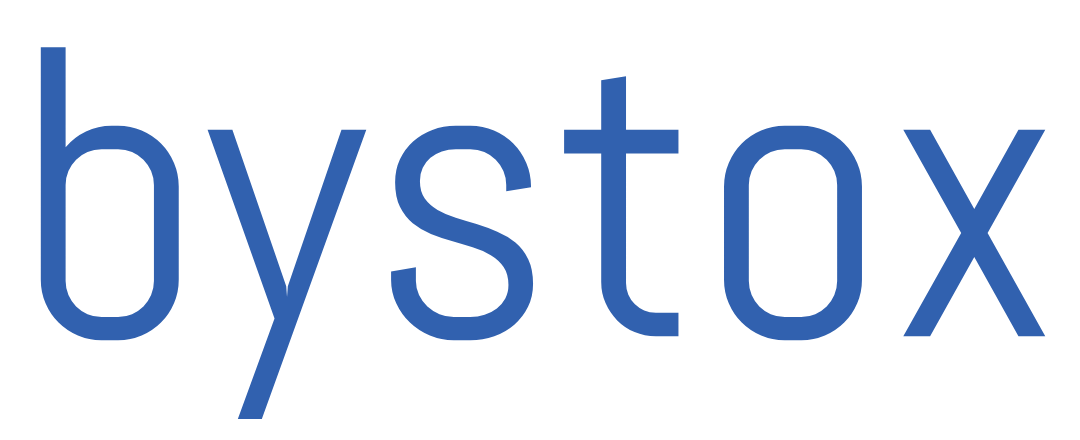Stock traders opted to cash in some gains as the week commenced, with all eyes on forthcoming economic data, including the Federal Reserve’s preferred gauge of inflation—though markets are set to be closed on the same day.
The suite of probes announced Monday are the first under the EU’s Digital Markets Act law, which took effect earlier this month. They come less than a week after the Justice Department sued Apple over allegations it makes it difficult for competitors to integrate with the iPhone, ultimately raising prices for customers.
In light of the absence of fresh catalysts, equities paused following a robust rally that propelled the S&P 500 to its strongest performance of the year. Investors adopted a more cautious stance amid speculation surrounding the upcoming release of the personal consumption expenditures (PCE) price index, scheduled for Good Friday, and an address from Federal Reserve Chair Jerome Powell on the same day.
This sense of caution also prevails against a backdrop of concerns that this year’s market surge may have pushed stock prices beyond reasonable valuations. Both Morgan Stanley and JPMorgan Chase & Co. have cautioned that current lofty valuations may be difficult to justify if profit growth fails to materialize in line with expectations.
“We continue to see sentiment as stretched and think a US equity market pullback is overdue,” said Lori Calvasina at RBC Capital Markets.
The S&P 500 hovered near 5,225, with Intel Corp. declining on reports that China is imposing restrictions on the use of foreign chips. Conversely, Boeing Co. experienced a rise following the announcement of its CEO’s impending departure. Treasury 10-year yields increased by five basis points to 4.25% ahead of a record $66 billion two-year note sale.
The stretched state of the stock market is evident in the fact that the S&P 500 ended last week approximately 14% above its 200-day moving average.
“That’s quite stretched historically,” noted Jonathan Krinsky at BTIG. “The big question is: do we get a correction through time, or price. The latter has been elusive for the last five months, but we do think there is a window here for some modest price weakness.”
This occurs at a time when consensus earnings estimates have been revised lower, with analysts now anticipating earnings-per-share growth of around 9% this year, down from 11% forecasted at the outset of November, according to data compiled by Bloomberg Intelligence.
“The stock market faces its next test in a few weeks when earnings season begins in mid-April,” said Clark Bellin at Bellwether Wealth. “Stock prices and valuations are elevated heading into this next earnings season, which leaves little room for disappointment if companies fail to deliver strong earnings.
Investors seeking to deploy new capital in the market are advised to wait for a pullback, according to Bellin.
“The market already had a few minor pullbacks so far this year,” he said. “They were shallow and quick, but they proved to be good buying opportunities.”
The combination of robust US economic data, expectations of a Federal Reserve rate cut, and optimism surrounding artificial intelligence has propelled the S&P 500 up by nearly 10% this year, surpassing many year-end forecasts.
Goldman Sachs Group Inc. strategists maintain their year-end forecast of 5,200, with a scenario in which tech megacaps lead the index up to 6,000.
“Although AI optimism appears high, long-term growth expectations and valuations for the largest TMT stocks are still far from ‘bubble’ territory,” wrote the strategists led by David Kostin.
Strong corporate earnings, economic resilience in the face of higher interest rates, and “prospects for innovation” have prompted Oppenheimer Asset Management’s John Stoltzfus to raise his year-end target on the S&P 500 Index to 5,500—matching Societe Generale for the highest forecast on Wall Street.
“The big surprise this year has not been so much the resilience of the economy, but rather the substantial capitulation among the bears and bearish community,” Stoltzfus said. Profit-taking, particularly in Big Tech, is expected and normal—and any near-term volatility presents an opportunity to “catch babies that get thrown out with the bath water,” he noted.
Corporate Highlights:
Apple Inc., Alphabet Inc.’s Google, and Meta Platforms Inc. face the risk of potentially hefty fines as the European Union opened a full-blown investigation into the firms’ compliance with strict new laws reining in the power of Big Tech.
US aviation authorities are considering drastic measures to curb growth at United Airlines Holdings Inc., including preventing the carrier from adding new routes, following a series of safety incidents.
Lucid Group Inc. is getting a $1 billion cash injection from its biggest investor, an affiliate of Saudi Arabia’s Public Investment Fund, providing the troubled electric carmaker with a needed lifeline.
Manulife Financial Corp. has struck another deal to offload some of its less-profitable assets, agreeing to reinsure C$5.8 billion ($4.3 billion) of Canadian policies with RGA Life Reinsurance Co. of Canada.
Match Group Inc., the owner of dating apps Tinder and Hinge, named two directors to its board following discussions with activist investor Elliott Investment Management.
Novo Nordisk A/S agreed to buy Cardior Pharmaceuticals for up to €1 billion ($1.1 billion) as the Danish maker of weight-loss drugs continues to expand into treatments for cardiovascular disease.
Sources: Yahoo Finance

